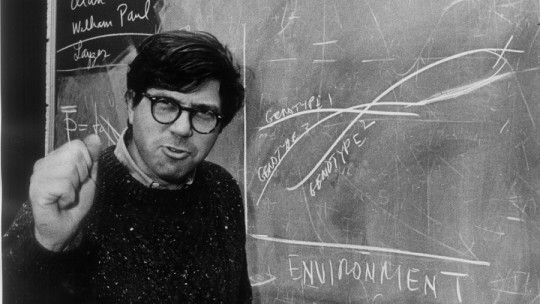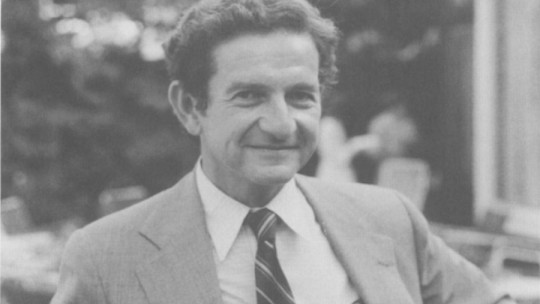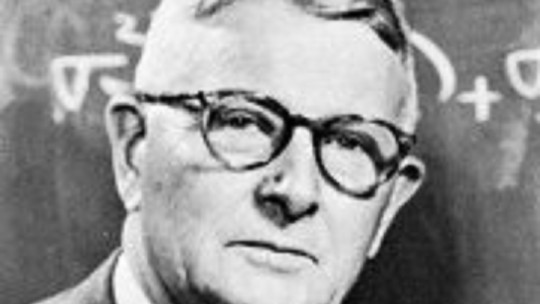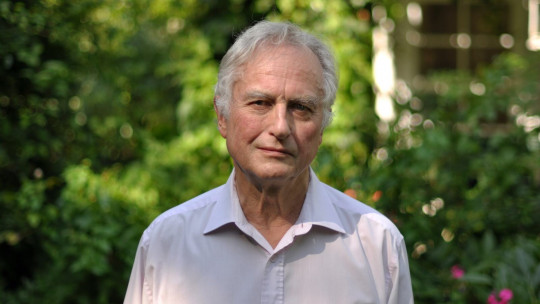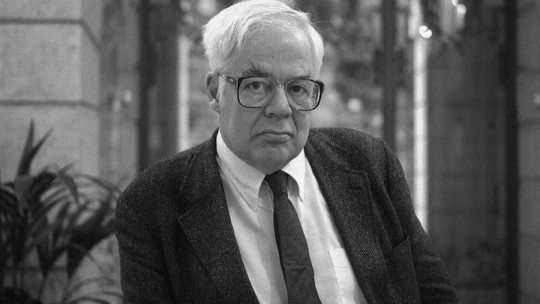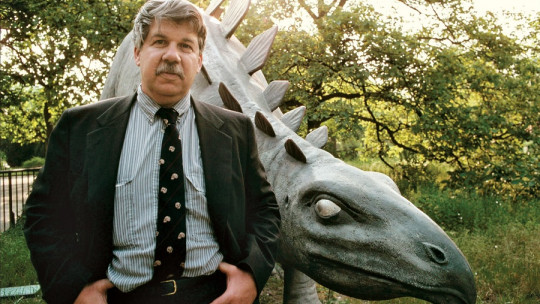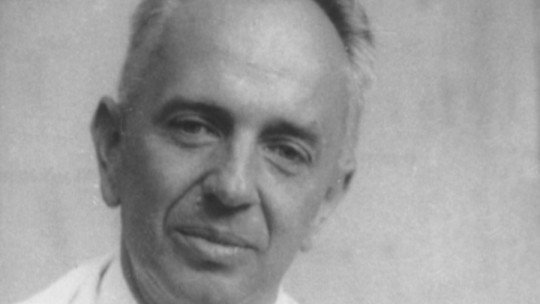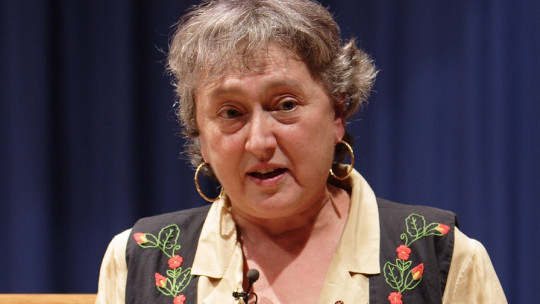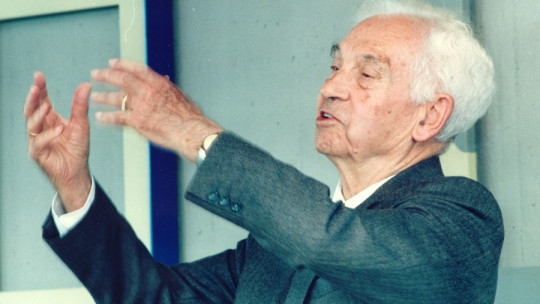Richard Lewontin is known within his field, evolutionary biology, as a controversial figure. He is a firm opponent of genetic determinism, but that does not mean he is one of the greatest geneticists of the second half of the 20th century.
He is also a mathematician and evolutionary biologist, and has laid the foundations for the study of population genetics, in addition to being a pioneer in the application of molecular biology techniques. Let’s see more about this researcher through a brief biography of Richard Lewontin
Richard Lewontin Biography
Below we will see a summary of the life of Richard Lewontin, who has been characterized by studying population genetics and being critical of traditionally Darwinian ideas.
Early years and training
Richard Charles ‘Dick’ Lewontin was born on March 29, 1929 in New York within a family of Jewish immigrants.
He attended Forest Hills High School and the École Libre des Hautes Études in New York and in 1951 graduated from Harvard University, earning a degree in biology. A year later he would receive a Master’s degree in statistics, followed by a doctorate in zoology in 1945.
Professional career as a researcher
Lewontin He has worked on the study of population genetics He is known for being one of the first people to perform a computer simulation of the behavior of a gene locus and how it would be inherited over a few generations.
Together with Ken-Ichi Kojima in 1960, they marked a very important precedent in the history of biology, formulating equations that explained changes in haplotype frequencies in contexts of natural selection In 1966, together with Jack Hubby, he published a scientific article that represented a true revolution in the study of population genetics. Using fly genes Drosophila pseudoobscurathey saw that on average there was a 15% chance that the individual was heterozygous, that is, that he had a combination of more than one allele for the same gene.
He has also studied genetic diversity in the human population. In 1972 he published an article in which indicated that most of the genetic variation, close to 85%, is found in local groups , while the differences attributed to the traditional concept of race do not represent more than 15% of the genetic diversity in the human species. This is why Lewontin has almost radically opposed any genetic interpretation that ensures that ethnic, social and cultural differences are a rigid product of genetic determination.
However, this statement has not gone unnoticed and other researchers have expressed different opinions. For example, in 2003 AWF Edwards, a British geneticist and evolutionist, was critical of Lewontin’s statements, saying that race, for better or worse, could still be considered a valid taxonomic construct.
Vision on evolutionary biology
Richard Lewontin’s opinion regarding genetics stands out for his criticisms regarding other evolutionary biologists In 1975, EO Wilson, an American biologist, proposed in his book Sociobiology evolutionary explanations of human social behavior. Lewontin has maintained a great controversy with sociobiologists and evolutionary psychologists, such as Wilson or Richard Dawkins, who propose an explanation of animal behavior and social dynamics in terms of adaptive advantage.
According to these researchers, a social behavior will be maintained if it implies some type of advantage within the group. Lewontin is not a supporter of this statement, and in several articles and one of his best-known works it is not in the genes has denounced the theoretical shortcomings of genetic reductionism
In response to these statements, he proposed the concept of “spandrel.” Within evolutionary biology, a spandrel is the set of traits of an organism that exist as a necessary consequence so that other traits, perhaps adaptive or perhaps not, can occur, although they do not necessarily imply an improvement in its strength or survival for the organism. environment in which it has lived, that is, this set of traits does not necessarily have to be adaptive.
In Organism and EnvironmentLewontin is critical of the traditionally Darwinian view that organisms are merely passive recipients of environmental influences For Richard Lewontin, organisms are capable of influencing their own environment, acting as active builders. Ecological niches are not preformed nor are they empty receptacles into which life forms are inserted just like that. These niches are defined and created by the life forms that inhabit them.
In the most adaptationist view of evolution, the environment is seen as something autonomous and independent of the organism, without the latter influencing or shaping the former. Instead, Lewontin maintains, from a more constructivist perspective, that the organism and the environment maintain a dialectical relationship , in which both influence each other and change at the same time. Throughout the generations the environment changes and individuals acquire both anatomical and behavioral changes.
Agribusiness
Richard Lewontin has written about the economic dynamics of “agribusiness”, translatable to agribusiness or agricultural businesses. He has maintained that hybrid corn has been developed and propagated not because it is better than traditional corn but because it has allowed companies in the agricultural sector to force farmers to buy new seeds each year instead of planting their traditional varieties.
This led him to testify in a trial in California, trying to change state funding regarding research into more productive seed varieties, believing that this involved high interest for corporations and a detriment to the average American farmer.

